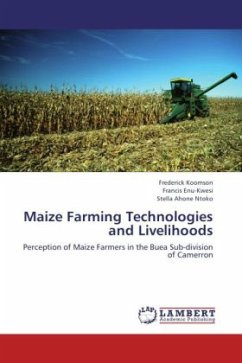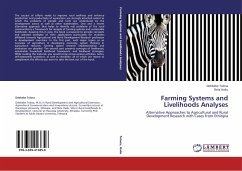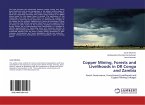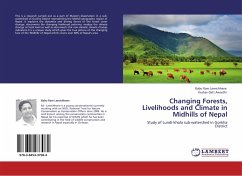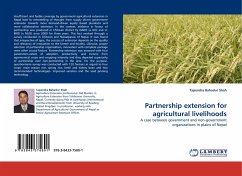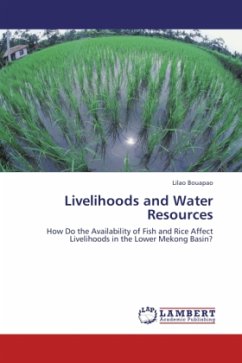Modernisation theory regards inhabitants of traditional societies as dogmatic, uncreative, and superstitious and therefore faults them for the moribund development in their communities. On the other hand, modern society dwellers are seen as traditional deviates, which are progressive, innovative, and adventurous and can create open doors for technological prowess and development in their communities. However, some indigenous knowledge researchers have contested the criticisms of modernisation theorists, arguing that local people cling to their traditional culture to foster its reinvigoration. In the field of agriculture, this group of researchers advance that farmers promote traditional farming practices to improve the lot of rural inhabitants. This notwithstanding, market economists reiterate that such people have become economically unviable and therefore cannot benefit from modern development. This book, therefore, examines the veracity of such propositions with regard to technology adoption by farmers and the extent to which the adoption of improved farming technologies affect livelihoods.
Bitte wählen Sie Ihr Anliegen aus.
Rechnungen
Retourenschein anfordern
Bestellstatus
Storno

